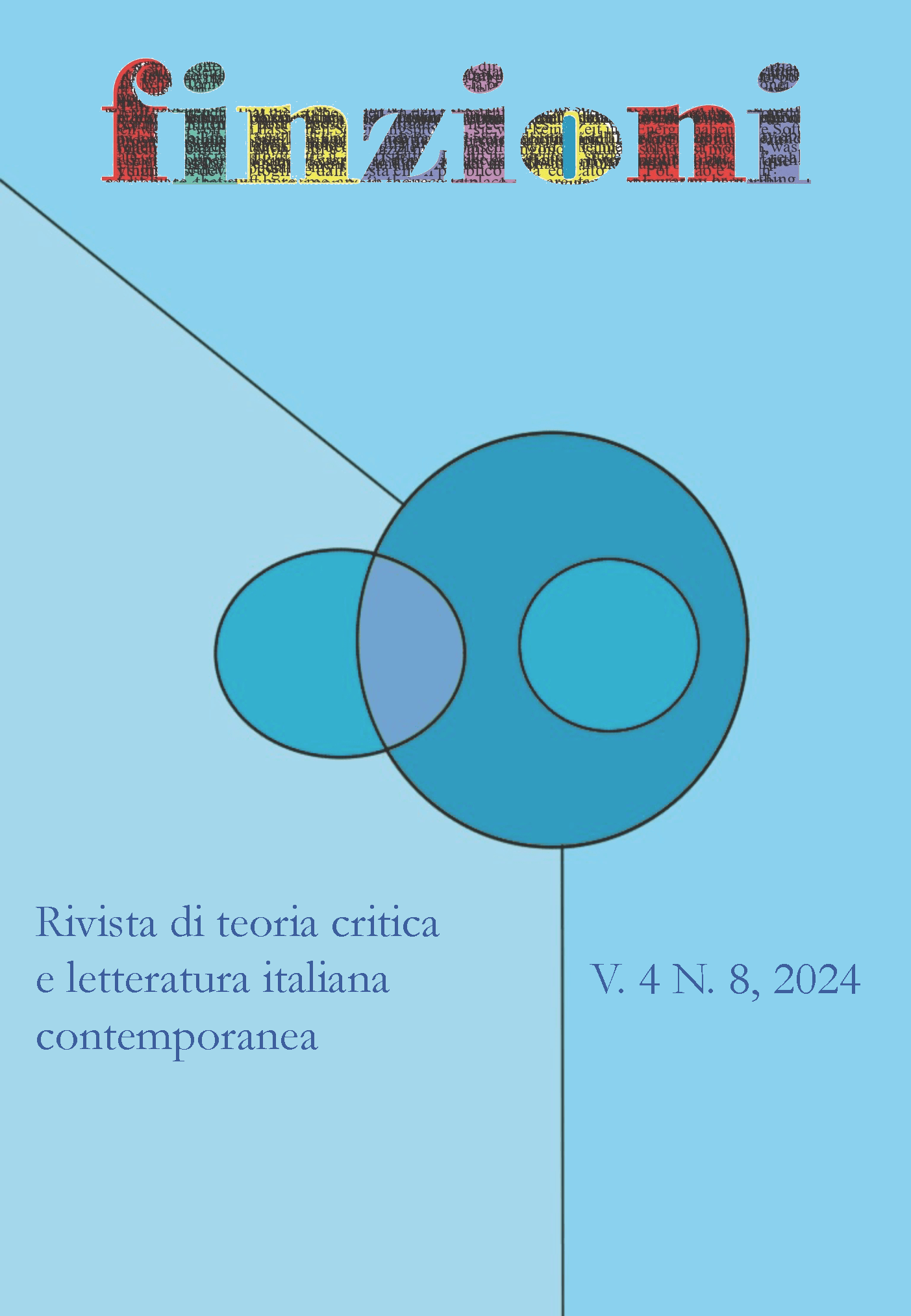Absence and Reverberation of a Non-Human Voice in «Il castello dei destini incrociati» by Italo Calvino and «Giuramenti» by Teatro Valdoca
DOI:
https://doi.org/10.6092/issn.2785-2288/21392Keywords:
woods, vocal expression, Italo Calvino, language, Teatro ValdocaAbstract
Starting from some reflections by philosopher Adriana Cavarero regarding the traditional opposition phoné/logos, the article aims to provide insights into the concept of the voice of the woods, seeking to reestablish the central role of the body as a medium of vocal expression: written words are alive, as they were sonorous, corporeal and meaningful. In order to demonstrate how a literary text can incorporate a minor voice – the sonic otherness of the woods – two extreme cases will be analyzed. On one hand, the inaudible voice of the woods in Il Castello dei destini incrociati by Italo Calvino – apparently a voice in absence – is so powerful that it deprives of language even the people who pass through this place. On the other hand, the daily listening to the woods in the performance Giuramenti by Teatro Valdoca leads to the transcription/translation of this voice into poetic verses, therefore making possible – by reverberation – the entry of the woods into performative and writing practices.
Downloads
Published
How to Cite
Issue
Section
License
Copyright (c) 2024 Elena Camaeti

This work is licensed under a Creative Commons Attribution-ShareAlike 4.0 International License.





